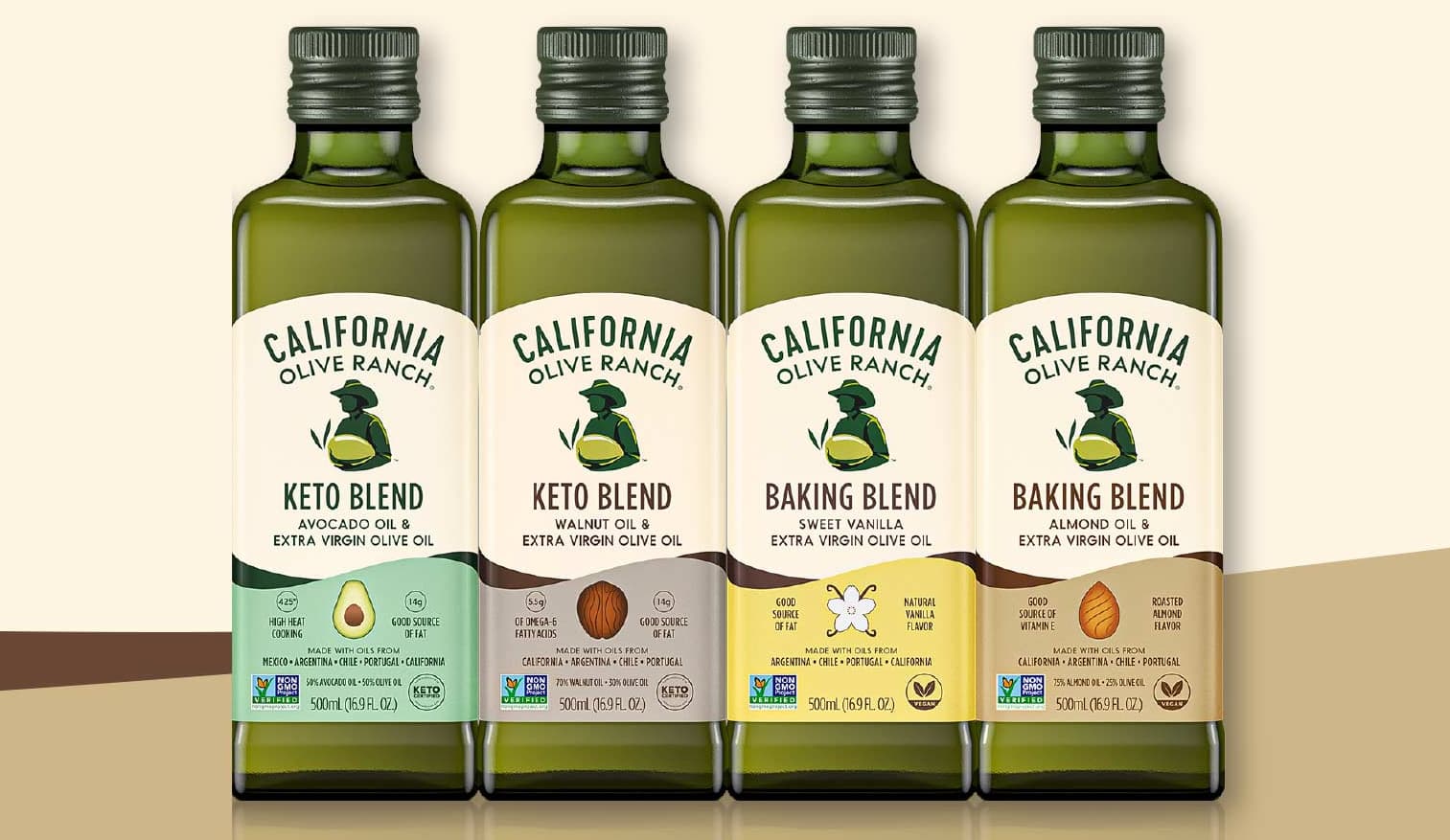I hesitated to follow up an April post on California Olive Ranch (COR) with another one on the company, but come on.
You might recall the opposition among California producers over the marketing of imported oils under the California Olive Ranch brand.
Critics of the company say most consumers don't know they're buying imported olive oil when they choose one of COR's Destination Series products. The California Olive Oil Association enacted rules to reject COR, who essentially responded: We don't need you anyway.
COR is comfortable, it seems, using their California brand name to ship imported oils. It's a strategy straight out of the playbook Italy used to take over the world. Imitation is the highest form of flattery.
But this is the company that spearheaded smear campaigns against imported brands and touted truth in labeling. I guess that was before it dawned on them that they'd need more than the Central Valley to placate their investors.
The all-caps "CALIFORNIA" had no practical meaning on the label of COR's range, even if shoppers believed otherwise. And now, as it turns out, the all-caps "OLIVE" doesn't either.
The new Culinary Collection by the company takes the bait-and-switch one step further by cutting olive oil with avocado, walnut and almond oils – none of which come from an olive ranch – and a product described as sweet vanilla extra virgin olive oil.

We've officially lost California Olive Ranch as a role model in our industry. They've gone rogue.
There is no such thing as sweet vanilla extra virgin olive oil. Extra virgin by definition has no additives.
Mixing in avocado, walnut and almond oils makes it impossible to verify extra virgin olive oil was ever used in the mix at all. You might as well use a lower grade and call it extra virgin. But we're supposed to take COR at their word, like we do with potato chips allegedly made with EVOO and sardines supposedly floating in it.
I'm sure the California Olive Ranch Keto Blend, which contains some mix of avocado oil and, possibly at one time but it's impossible to know for sure, extra virgin olive oil from Mexico, Argentina, Chile, Portugal and/or maybe California is a fine product.
It's just interesting to witness over the last ten years the evolution of a company from its righteous rebel pose, when it needed to be, to mass-market standpatter.
The process didn't happen overnight. In 2014, the company was putting futuristic harvest dates on its bottles to appear fresher than competing imports. Or was that 2015?
COR will be just fine. They have plenty of company in the other big bottlers occupying the wide middle shelf in the cooking oil aisle.
We'll be fine too, with more producers of extra virgin olive oil than ever before seeing the importance of educating the public on matters of quality, value, traceability and transparency.






